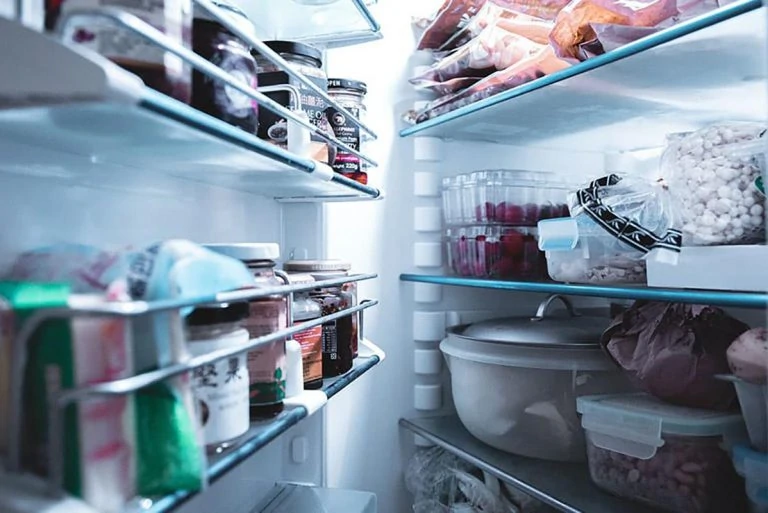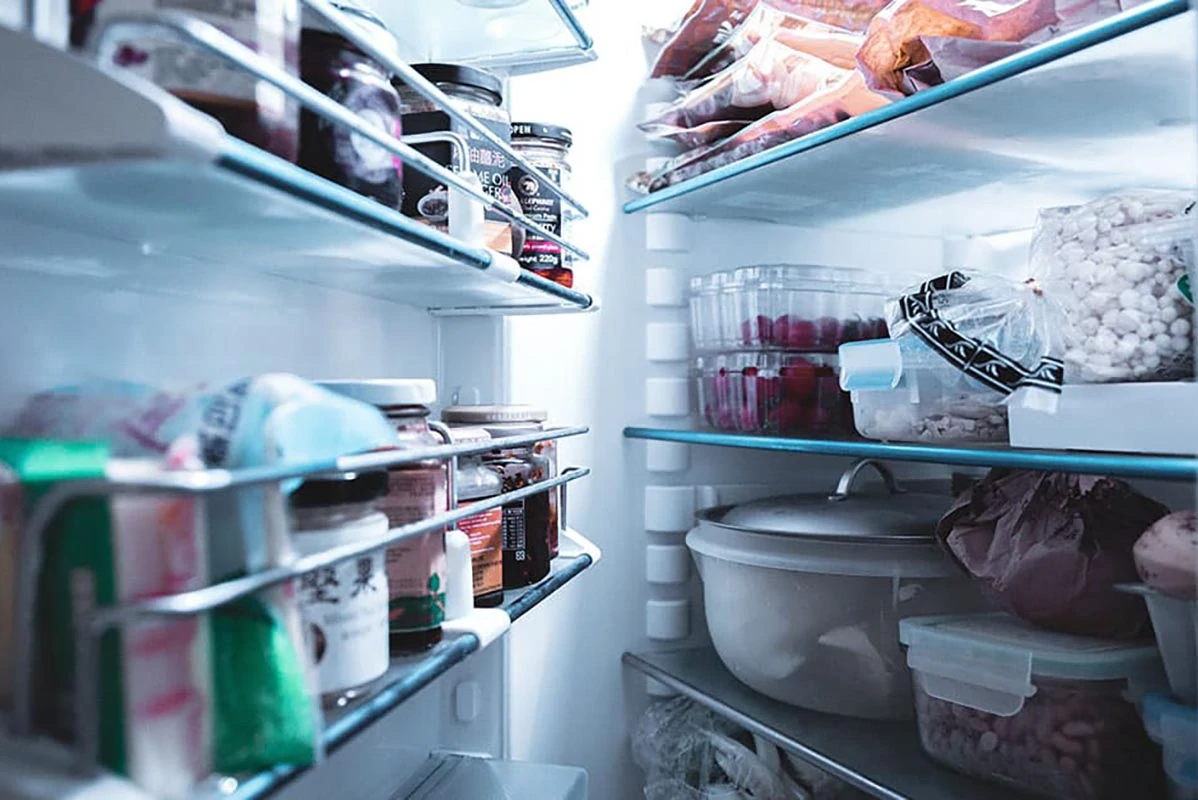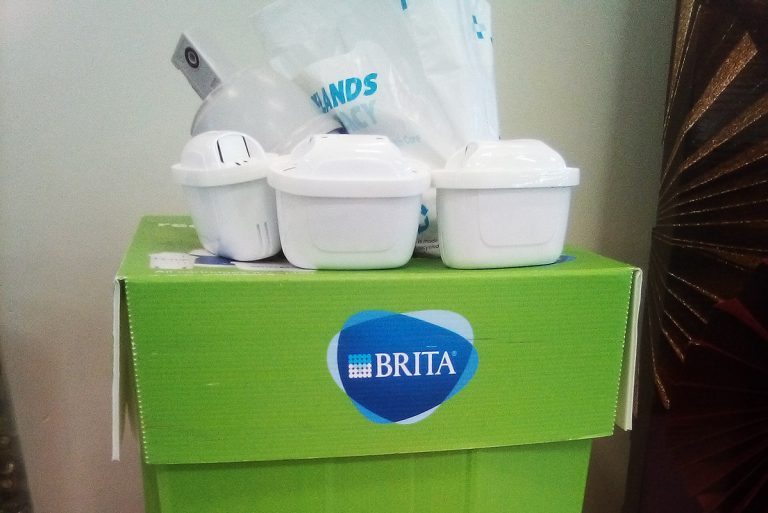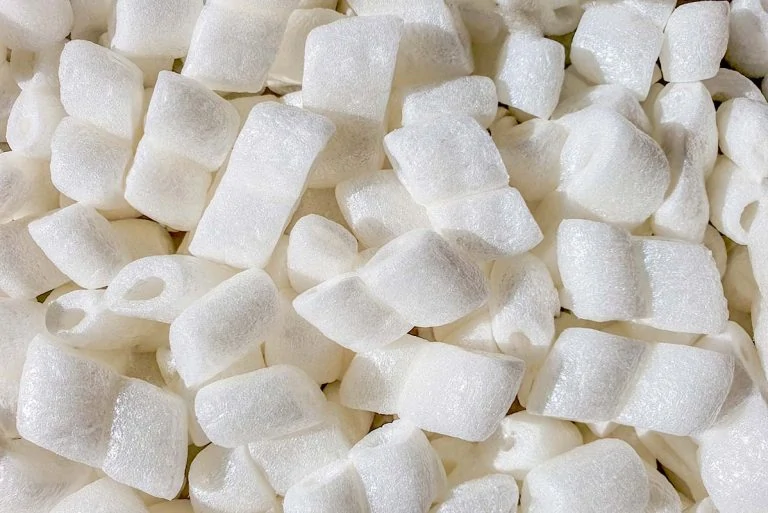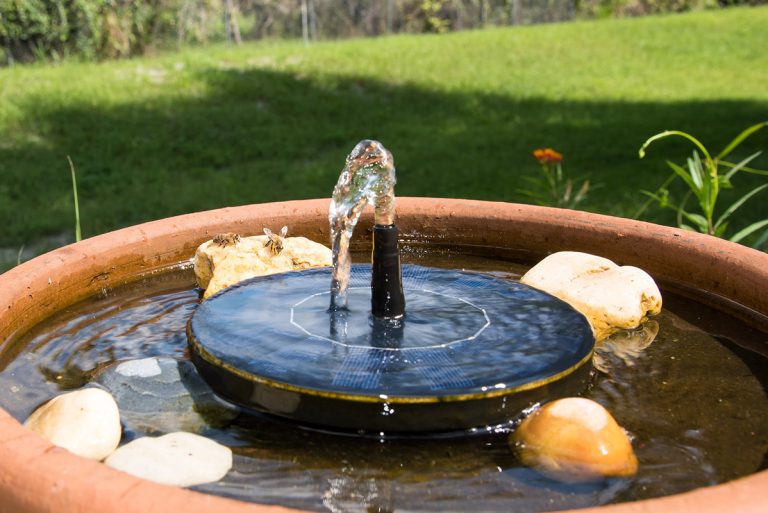Refrigerators can be a serious sticking point if you’re living off-grid or planning your new self-sufficient lifestyle.
As standard refrigerators consume power 24/7, you’ll need to make some compromises to keep your supplies adequately chilled. This means either relying upon rediscovering ancestral human ingenuity, paying out for a hi-tech, modern off-grid refrigerator, or embracing a combination of both.
In this guide, we take a look at the different types of off-grid refrigerator, and also some less conventional refrigeration methods.
Types of Off-Grid Refrigerator
Off-grid refrigerators are designed to run without electricity or to use very little.
When deciding which type of off-grid refrigerator to choose, you’ll need to consider your location, needs, and budget. As some off-grid refrigerators can represent a large financial investment, be sure to take your time and plan ahead for any foreseeable changes.
Wherever possible, see if you can store items such as vegetables and beverages in one of the non-electronic refrigeration methods listed below. Not only will this save you valuable space, it can also help to further cut your energy consumption, as well as improving your self-sufficiency.
One of the main benefits of living off-grid is cutting out the non-essentials and getting back to basics. However, be realistic with your expectations. While most of us can cut out a lot of produce that we end up unnecessarily refrigerating, you don’t want to buy too small and end up having to rethink and repurchase.
Solar refrigerators
Solar power has come a long way in recent years and a solar refrigerator could be your ideal off-grid refrigeration solution.
Of course, it helps if you have a sunny climate. But with today’s improved solar panels and an extensive battery set up, you should be able to get by even if the sun doesn’t shine for hours every single day.
Solar powered refrigerators can be expensive to purchase; however, unlike propane-powered refrigerators, you won’t have any fuel costs. If you already have a solar power system for your TV and charging up your smartphone and gadgets, then it can make sense to add to your existing set up.
Let’s take a closer look at the types of solar refrigerators, more specifically AC vs DC powered models.
AC solar powered refrigerators
If you already have an extensive solar setup with excellent batteries, a good quality pure sine wave inverter, and plenty of panels, then you may decide to opt for an AC refrigerator.
AC refers to alternating current, these models run on your regular 120/240V grid power, so any highly energy-efficient refrigerator will do the job. Not only does this mean that you can save on the purchase price of your refrigerator compared to a DC version, you’ll also have much more choice.
However, if you don’t already have an appropriate inverter to change your battery power from DC to AC, your initial solar setup will often cost quite a bit more. Also, bear in mind that using an inverter to transfer energy from DC to AC invariably results in some conversion loss.
DC solar powered refrigerators
If you don’t already have an extensive solar setup, you may wish to pay a little more for a DC solar powered refrigerator for your off-grid home. These models run directly off DC battery power, so they don’t need an inverter to run off the power stored in your solar batteries.
Thanks to their improved energy efficiency, DC solar powered refrigerators are a good energy-saving option, specifically designed for living off-grid. With more efficient compressor systems and better insulation, DC models consume less power, requiring fewer batteries than AC ones.
While a DC solar-powered refrigerator will cost you more than an AC powered version, you will need less equipment for your overall solar set up. This not only makes for an overall cheaper option, as there are fewer connections and less equipment, there will also be fewer opportunities for failure, potentially giving you greater reliability.
Should I choose an AC or DC solar powered refrigerator?
It all depends on your needs and solar set up, either existing or anticipated.
For example, if you’re a large family, your energy needs are going to be higher than those of a couple and you’ll need to run a larger, more powerful refrigerator. Also, while solar power is a great option it doesn’t work for everyone, everywhere.
If you don’t currently have a solar power system set up, opting for a DC solar powered refrigerator can save you money. On the other hand, if you have high-energy needs and either already own or are anticipating purchasing a pure sine inverter and extra batteries, then an AC-powered model could be a better choice for you.
While solar power has really made a lot of headway, make sure you check out our other off-grid refrigeration solutions. Not only is it useful to have a backup solution, some of the more traditional methods of keeping fresh produce cool make excellent complementary refrigerators.
Ice box or cooler
If you don’t use a large amount of dairy products or meat, then an ice box or cooler could be an excellent way to replace your refrigerator, especially when used to complement other traditional refrigeration methods.
They can keep your produce at safe temperatures for days or even weeks, provided you have access to ice. This makes them one of the cheapest options available to keep your food chilled off-grid.
That said, ice boxes are not the most convenient, given their restrictive size and the need for regular ice top-ups. Also, your food will need to be well sealed inside, or it will risk getting wet through. Ice boxes also need regular cleaning out to prevent a build up of bacteria.
While ice boxes alone won’t work for everyone, they can be a good stand-in to help you get started off-grid while you’re still in the planning stages. They are also a good way of testing out just how you get on with a very limited refrigerator capacity.
Propane-powered refrigerators
A popular option amongst RVers, propane-powered fridges can be cheaper than extensive solar-powered set ups and you’ll have the reliability that solar often lacks. However, you will need to purchase propane. Let’s take a look at what makes propane powered refrigerators stand out.
Consisting of a sealed network of chambers and tubing, the propane supplies a flame that heats a water and ammonia solution. This causes the ammonia to evaporate before condensing, where it then flows into the evaporator to mix with hydrogen gas.
This combination absorbs heat, drawing it out from your refrigerator and keeping the temperature down. With the heat absorption, the ammonia becomes a gas, then it combines with the water as a solution, releasing the hydrogen gas back to the evaporator and the process continues.
As you can tell, unlike standard refrigerators that rely upon coolants, propane-powered refrigerators rely upon chemical reactions to keep their interior cold. Propane refrigerators are, therefore, highly efficient and very useful – however, if you are looking for greater independence and self-sufficiency off-grid, then you may not want to have to rely upon propane as a fuel.
While propane is clean-burning and is considered an environmentally-friendly choice, it is nonetheless a fossil fuel produced from crude oil and natural gas.
Other refrigeration methods
While alternative refrigeration methods have been successfully used for hundreds of years, they do take some getting used to and may not be suitable for all of your needs.
However, as they require zero electricity it makes sense to try out at least one method. If this allows you to downsize your refrigerator, then your electricity requirements will also drop, for greater self-sufficiency and less energy usage.
Ice house
Before the advent of electronic refrigeration, ice would be cut from lakes or rivers during winter months and stored in a nearby icehouse. Often underground, or partially underground, ice houses were traditionally insulated with straw or sawdust and could keep temperatures low all summer long.

Source: Wikimedia / Rosser1954
Obviously, building an ice house does not necessarily make sense for every location. However, if you live in an area where there is a lot of winter ice that you can harvest, it is well worth doing.
Ice houses can provide you with cool enough temperatures for all of your refrigeration needs, provided they are well insulated enough and you keep a close eye on temperatures during summer months.
That said, you may still like to have a backup refrigerator method, just in case of an exceptionally hot summer, such as a solar-powered or propane refrigerator.
Root cellar
Root cellars are an excellent choice for storing vegetables, fruits, and nuts. Located underground, or partially underground, root cellars keep your crops above freezing in winter, but below room temperature in summer.

Source: Wikimedia / Kotivalo
With their steady temperatures and high humidity levels, root cellars easily extend the shelf life of your potatoes, carrots, and turnips in particular. They are also a good place to store your beverages and home-made preserves.
You can easily construct a basic root cellar by digging into the ground and building a small structure, then covering it with earth. Alternatively, if you live in a hilly area, you could dig sideways into sloping ground. Some homeowners use their basements or even crawl spaces as root cellars.
If you are looking for a quick and easy root cellar, you could build a simple version by digging a hole and burying a barrel or even a trash can.
Zeer pot
Zeer pots are essentially evaporative cooling devices.
They are best used to prevent fresh produce with a high water content from spoiling. For example, eggplants, leafy greens, peppers, and tomatoes will all keep for much longer in a zeer pot than without any type of refrigeration in warm weather conditions.
To make a zeer pot, you will need two different sized clay pots, some sand, water, and a cloth. Place the smaller pot inside the larger one, fill the gap between them with sand, and add water. Place your fresh produce in the smaller pot, wet your cloth, and use it to cover your pots.
Your zeer pot will work best when used in high temperatures with low humidity, in a well-ventilated, shady area. As the evaporation process keeps your device cool, note that you will need to add water to your device between one to three times per day as necessary.
Spring house
A spring house is a compact building built around the flowing waters of a natural spring.
If you have a spring on your land, then a spring house is an excellent way to keep your food cool as well as safe from animals. It will also ensure that your water supply remains clean and gives you a dedicated water access point, with storage space for your equipment.

Source: Flickr / Mark Spearman
As the temperature of groundwater emerging from springs tends to remain constant regardless of air temperature, your spring house can keep foods and beverages cool all year round. In fact, prior to ice deliveries and electronic refrigerators, spring houses were a common feature for clean drinking water and keeping meat, diary, and fresh produce cool and safe.
If you have a cold water spring, it’s worth building a spring house, even if you still want to utilize another more modern type of refrigeration. Spring houses are a great place to keep bulky items, such as beverages and crates of fresh produce, freeing up precious refrigerator space.
Stay cool and focused
Choosing your off-grid refrigerator is a big decision and one that shouldn’t be taken lightly.
Whether you like the idea of a solar-powered model, getting by with a combination of traditional methods and ice boxes, or even a propane-powered refrigerator – what works for one person, won’t necessarily work for you.
So, before making your final decision, be sure to focus on your needs, aspirations, and how practical each method will be day-to-day. Once you have established these key points, you can choose the best off-grid refrigerator for your lifestyle with confidence.
